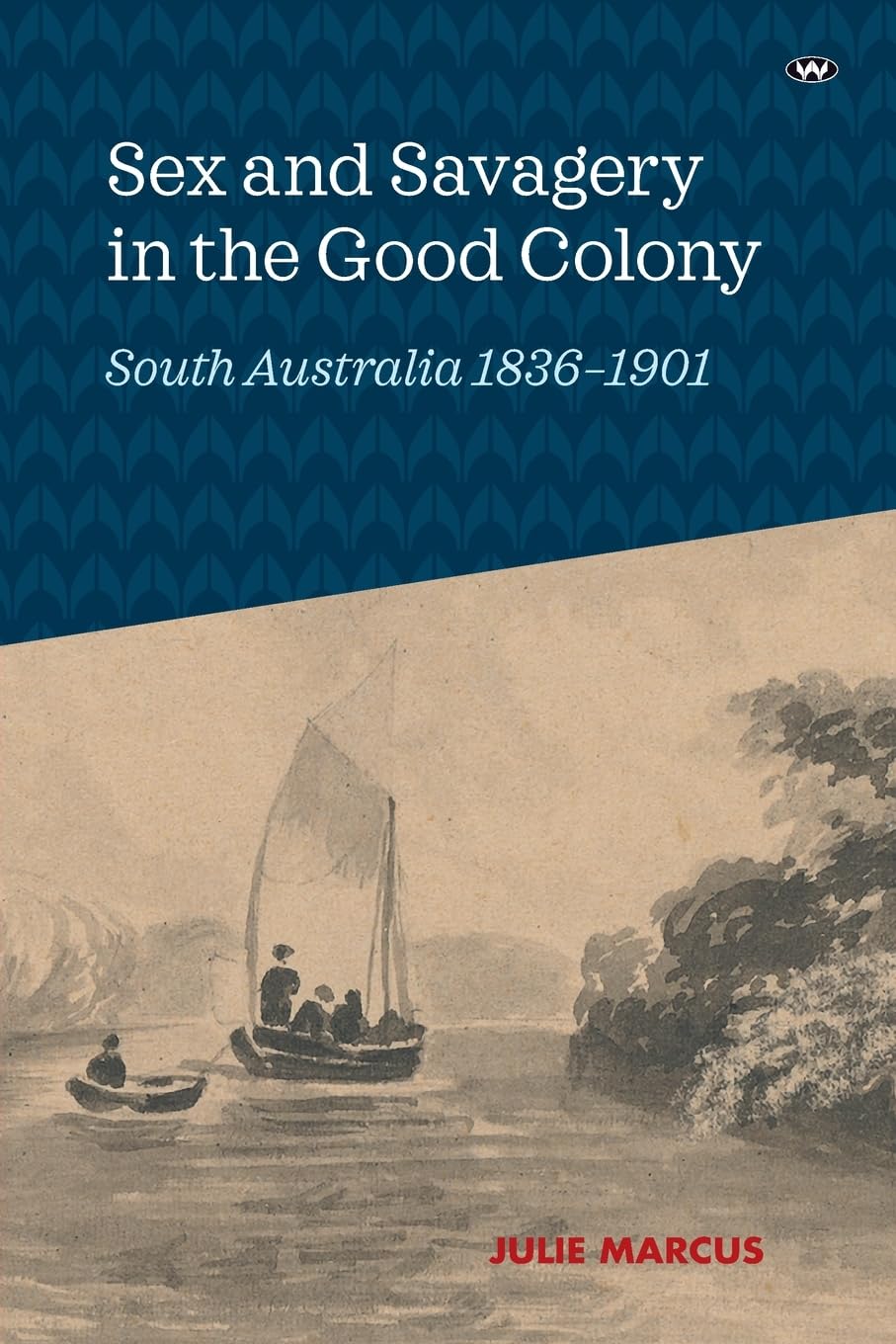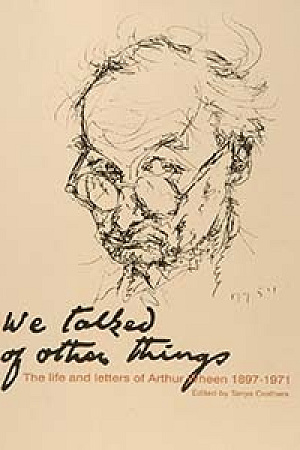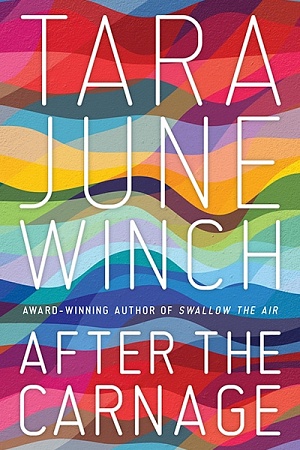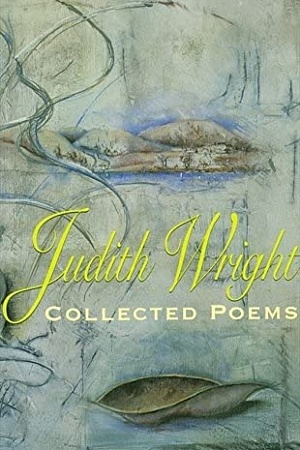Blessed City
Angus & Robertson, $16.99 pb, 295 pp
Blessed City by Gwen Harwood
Gwen Foster met Lieutenant Thomas Riddell in Brisbane in 1942, when she was twenty-two. ‘Tony’ Riddell, stationed in Brisbane, was sent to Darwin early in 1943; and between January and September of that year, Gwen Foster wrote him the eighty-nine letters that make up this book. It’s the chronicle of a year, of a city, of a family, of a friendship, of a war no one could see an end to, and of that stage in the life of a gifted young woman at which she says, ‘At present I am unsettled and do not know which way my life will turn.’
The ‘blessed city’ of the title is partly Brisbane, partly Harwood’s family home, partly ironic and partly not, and mostly a way of talking about a particular state of being. At twenty-two, Harwood had already entered, and subsequently left, a convent; her spiritual awareness and philosophical sophistication shine briefly and occasionally through the pages of what otherwise looks like an excellent script for a comedy routine. Occasionally these two manifestations of her personality – the comic and the mystic – meet, as on the subject of convent food:
Our Miss Foster spent six (6) mths in a convent from August–January 1941–1942. We have every reason to believe that she related to you the incident of the Mouldy Pears … She also consumed obediently a Yellow Pudding (unnamed) which contained lumps of unknown substance THE SIZE OF A FULL-GROWN CANARY’S BODY, floating in stuff which she will not attempt to describe.
Harwood excelled then, as always, at mimicry. These letters are regularly ‘interrupted’ by anonymous voices in various modes, as well as by a number of named alter egos who are forerunners of the ‘pseudonyms under which she hoaxed a generation of editors in the sixties and seventies’, as editor Alison Hoddinott points out in her excellent introduction. One of these pseudonyms, ‘Timothy Klein’ (aka T.F. Kline, apparently), had its beginnings in the Tiny Tim of these letters, who pops up occasionally and parenthetically to remark, ‘Oh hell’.
The letters are also scattered with brilliant parodies, which further enhance the multitude-of-voices effect. Bureaucratese, publisher’s blurbs, ‘women’s magazines’, etiquette books, and the epistolary styles of bygone eras are all plundered and pilloried for Tony’s entertainment. When her mother accidentally leaves the table knives on the stove and their handles ‘catch on fire’, Gwen gleefully relates the incident and proposes an extra paragraph to be ‘inserted in the book of etiquette’:
It is not permissible to comment on the fact that the handles on the knives given to you are partly burnt away. Should any of the burnt portions come off in your hand, drop them quietly on the floor and they will be removed by the servants.
Harwood’s mother looms large in these letters. Her name is Agnes; early in the correspondence she becomes Agens by typographical accident, and subsequently remains so by daughterly design. Mother Agens is a model of the loving but uncomprehending parent, a pragmatically savage cutter-down of trees (‘I just sat down and cried’) whose reaction to her daughter’s wish to enter a convent is ‘Why aren’t you happy at home?’ She fears and mistrusts her daughter’s artistic vocation almost as much as her religious one:
Agens’ fear that ‘Gwen will write it down’ is as real to her as my fear that she will cut down trees I love is real to me. Agens has never been able to help me in the ways I most need help.
‘Father Foster’ and brother Joe, also known as Hippo, are represented in an altogether less troubled and more gently comic style.
During this period Harwood was working at the office of the War Damage Commission, though she seems to have spent most of her time teasing her infuriatingly stodgy workmates, scrambling the switchboard, and writing these letters. The Catch-22 atmosphere in which she ‘worked’ is apparent from the very first letter:
As I always add a few hundred onto any orders that come through my hands, enormous piles of stationery and Forms A, B, C and D are arriving day by day. They come in huge packages from the stores, labelled “NOT FRAGILE”.
Asked by her boss (for whom one begins to feel a certain sympathy) why she doesn’t ‘behave in a normal manner’, she replies: ‘Little Gwendoline was never quite like other girls.’
Volumes of writers’ letters usually have a pretty specialised audience, but this lovely book would give pleasure to almost anybody. Wartime letters are always moving and always highly charged, even if only with what is not said. Wartime letters to a serviceman from a witty, affectionate young musician and nascent poet with a sharp eye and a sharp tongue are, to Harwood’s generation and to later ones, an amazing gift.










Leave a comment
If you are an ABR subscriber, you will need to sign in to post a comment.
If you have forgotten your sign in details, or if you receive an error message when trying to submit your comment, please email your comment (and the name of the article to which it relates) to ABR Comments. We will review your comment and, subject to approval, we will post it under your name.
Please note that all comments must be approved by ABR and comply with our Terms & Conditions.